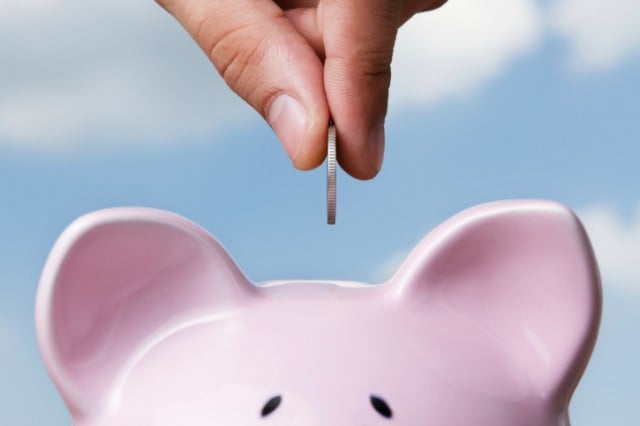Have you ever been broke? If so, did your financial decision making improve as a result of your limited financial resources? A 2013 study published in Science found that being broke can negatively impact your decision making. Why?
Well, possibly because having lack of money imposes a cognitive load that soaks up your attention and reduces your effort.
“They found that considering a projected financial decision, such as how to pay for a car repair, affects people’s performance on unrelated spatial and reasoning tasks. Lower-income individuals performed poorly if the repairs were expensive but did fine if the cost was low, whereas higher-income individuals performed well in both conditions, as if the projected financial burden imposed no cognitive pressure,” according to the editor’s summary of the research.
So decision making may be a bit more difficult overall when you have less money to work with.
But when people are broke, sometimes they pick up a habits and behaviors that only make the situation worse. We’ve created a list of some of the mistakes people make when they’re broke. Have you ever been guilty of any of these?
1. Splurge when money comes in

Source: Thinkstock
According to data published on Mint.com, “Taxpayers reporting more than $50,000 in income were more likely, at 52 percent, to put refunds into savings than those who made less.” Whether this money goes to a vacation, shopping spree, or a new piece of technology, spending a lump sum of money on wants instead of saving it, or using it to pay down debt, is not the wisest choice.
2. Prioritize convenience

Justin Sullivan/Getty Images
The same principle applies with cleaning products, fast food, and other conveniences. It’s much easier to buy disposable cleaning products than to use more inexpensive options like reusable mops, sponges, and toilet brushes. But, many people — even when they’re broke — are willing to pay extra money for the convenience.
3. Take on too much debt (or take on bad debt)

Source: Thinkstock
Many people who are broke still take on high-interest loans (e.g., payday-type loans) and large amounts of credit card debt. Bankrate finds that nearly one out of four people (23%) earning less than $30,000 had more credit card debt than savings.
4. Live above their means

Source: Thinkstock
According to the Bureau of Labor Statistics’ consumer expenditure surveys, consumer units (which are kind of like households) categorized as earning between $30,000 and $39,999 earned an average pre-tax income of $34,655, but they spent $36,093.
In each of the lower-earning income groups, average spending was higher than average income. It wasn’t until the $40,000-to-$49,999 income level (and higher-income levels) that average income finally exceeded average spending.
5. Have no savings

Source: Thinkstock

No comments:
Post a Comment